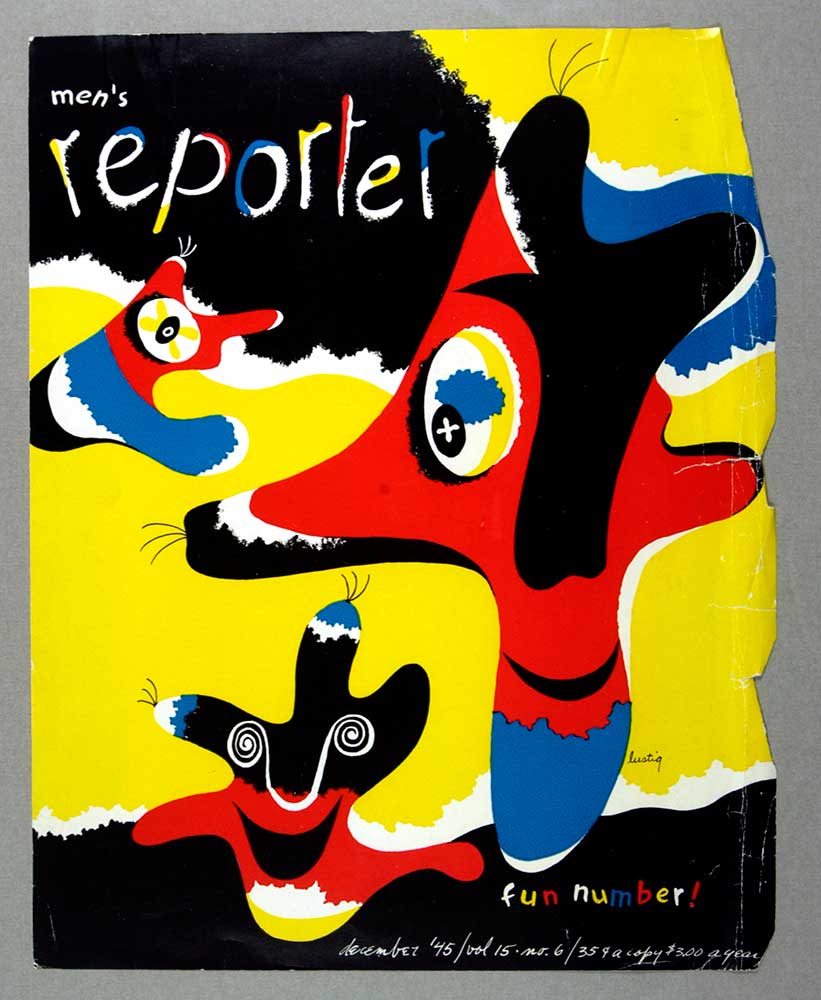
Walter Allner (1909–2006) was a renowned graphic designer, painter, and teacher, celebrated for his innovative contributions to Modernist design and his tenure as art director at Fortune magazine (1962–1974). Trained at the Bauhaus, Allner seamlessly integrated the school’s principles—functional simplicity and aesthetic integrity—into American magazine design and beyond.
Raise the aesthetic standard—the public is more perceptive than you think.
Walter Allner
Early Life and Bauhaus Influence
Born in Dessau, Germany, Allner’s life was shaped by the Bauhaus’s pioneering vision. He joined the Bauhaus in 1927, studying under legends like Josef Albers, Wassily Kandinsky, and Paul Klee. These formative years instilled in him a commitment to minimalism and the power of geometry, which is evident in his later works. A brief period with Otto Neurath introduced him to isotypes, enhancing his ability to communicate visually.

European Career and Artistic Pursuits
Before moving to the United States, Allner built a distinguished European career. He collaborated with Art Deco luminaries A.M. Cassandre and Jean Carlu in Paris and exhibited abstract paintings at the Salon des Réalités Nouvelles. His time as editor of Graphis and his work on the International Poster Annual solidified his reputation as an authority in poster design.

American Impact: Fortune Magazine and Beyond
After immigrating to the U.S. in 1949, Allner worked for corporations like IBM and RCA. His Fortune magazine covers were groundbreaking, merging Bauhaus principles with American industry aesthetics. In 1965, Allner designed the first computer-generated magazine cover, a forward-thinking move that showcased his belief in integrating technology and design.
Each Fortune cover, a visual marvel, ranged from stark minimalism to intricate photographic collages. His ability to surprise audiences with each design cemented his legacy as a master of editorial art. He described his process as aiming for “positive and direct” communication, reflecting his Bauhaus training.
Teaching and Legacy
After retiring in 1974, Allner taught at Parsons School of Design, inspiring the next generation of designers. He advocated for raising public aesthetic standards, firmly believing in the audience’s perceptiveness.
Walter Allner’s Enduring Influence
Walter Allner exemplifies how Modernist ideals can adapt across media, audiences, and continents. His work is a testament to the enduring power of simplicity and clarity in design.
Collections
Sources
Walter Allner | Cary Graphic Arts Collection | RIT. (n.d.). Walter Allner | Cary Graphic Arts Collection | RIT. Retrieved March 12, 2023, from https://www.rit.edu/carycollection/node/313675
Heller, S., D’Onofrio, G. (2017). The Moderns: Midcentury American Graphic Design. United States: ABRAMS.
Pendergast, S. (1997, August 31). Contemporary Designers. https://amzn.to/3ZHv3T
More on Graphic Designers
More design articles
Discover more from Encyclopedia of Design
Subscribe to get the latest posts sent to your email.


